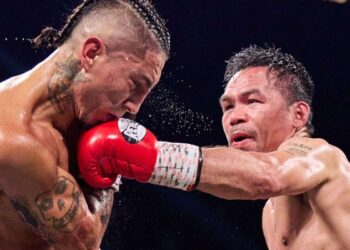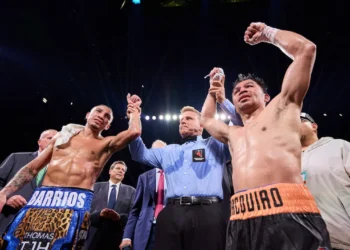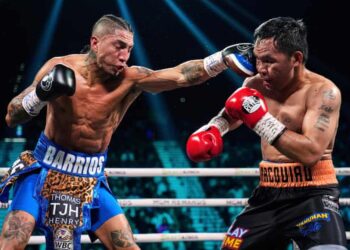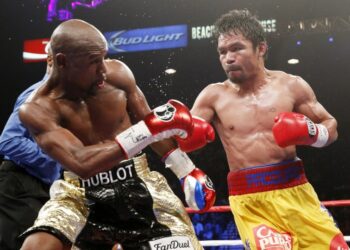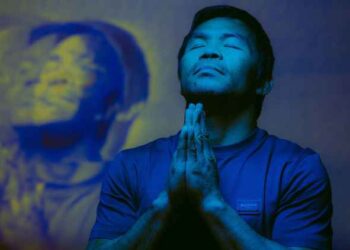Algerian boxer Imane Khelif, a rising star and one of Africa’s top hopes for Olympic glory, has issued a defiant and emotional statement just weeks after being effectively barred from competing at the upcoming Paris 2024 Olympic Games. Her exclusion—reportedly due to eligibility issues linked to hyperandrogenism policies—has sparked controversy and debate across the sporting world. And now, Khelif has broken her silence.
In a fiery message shared across her official social media platforms, the 25-year-old made it clear that while she may be out of the ring temporarily, she is far from defeated.
> “They tried to silence me, to break my spirit. But I am still standing. I was born to fight—not only in the ring but in life. This is not the end. It’s just the beginning,” Khelif declared.
A Promising Career Derailed
Khelif was widely considered one of Africa’s best medal prospects in boxing. She made history at Tokyo 2020, becoming the first Algerian woman to reach an Olympic boxing semifinal. Since then, her international profile has grown steadily, with powerful performances on the world stage, including silver at the 2022 World Championships in Istanbul and a gold medal at the 2023 African Games.
Her bid to return to the Olympic podium in 2024 was cut short after she was deemed ineligible under controversial rules involving testosterone levels in female athletes. The International Olympic Committee (IOC) and the International Boxing Association (IBA) have not disclosed the full details, but the incident mirrors past high-profile cases involving hyperandrogenism, including athletes like Caster Semenya.
Many human rights advocates, sports analysts, and African sports bodies have since questioned whether Khelif’s ban is a matter of science, discrimination, or outdated regulations.
A Fighter’s Spirit
Despite the heartbreak, Khelif’s response has been nothing short of inspirational. She emphasized her dedication to boxing, her love for Algeria, and her refusal to be sidelined by bureaucracy or prejudice.
> “I’ve given everything for this sport and for my country. I’ve trained in silence, fought in pain, and carried my flag with pride. If they won’t let me in their ring, I’ll build my own,” she said.
Her words have resonated deeply across social media, drawing support from fellow athletes, fans, and civil rights organizations who view her as a symbol of resistance against unjust rules that disproportionately impact female athletes from the Global South.
A Widening Debate in Sports
Khelif’s case is the latest in a growing debate around the regulation of natural hormone levels in women’s sports, especially affecting athletes from Africa and South Asia. Critics argue that the existing frameworks are unfair, medically invasive, and culturally biased, while others defend them as necessary for maintaining competitive fairness.
Human rights groups have condemned the rules as gender policing that infringe on bodily autonomy and fail to consider the complexity of sex development. Meanwhile, sports federations remain largely divided on how to handle such cases moving forward.
What’s Next for Khelif?
Though her Paris 2024 dreams have been shattered, Khelif insists that her journey is far from over. She revealed that she is currently exploring legal options, potentially challenging the decision at the Court of Arbitration for Sport (CAS). Additionally, she hinted at possible activism and advocacy work to support other athletes in similar situations.
> “No athlete should be punished for being who they are. I will fight not only for myself but for every girl told she doesn’t belong,” she added.
Khelif also plans to continue training and may pursue a professional boxing career, stepping into a space where such regulations are less rigid. Her resilience and public stance have already made her a voice for change, transcending the boundaries of sport.
An Icon in the Making?
While many athletes fade into silence after such devastating career blows, Khelif’s response may mark the beginning of a new role for her—as not just a competitor, but as a powerful symbol of resistance, representation, and reform in global athletics.
As Paris prepares to host the world this summer, the absence of Imane Khelif will be deeply felt. But her voice, loud and unshaken, continues to echo far beyond the Olympic ring.
And as she herself says:
“You can stop me fr
om competing—but you can’t stop me from fighting.”

